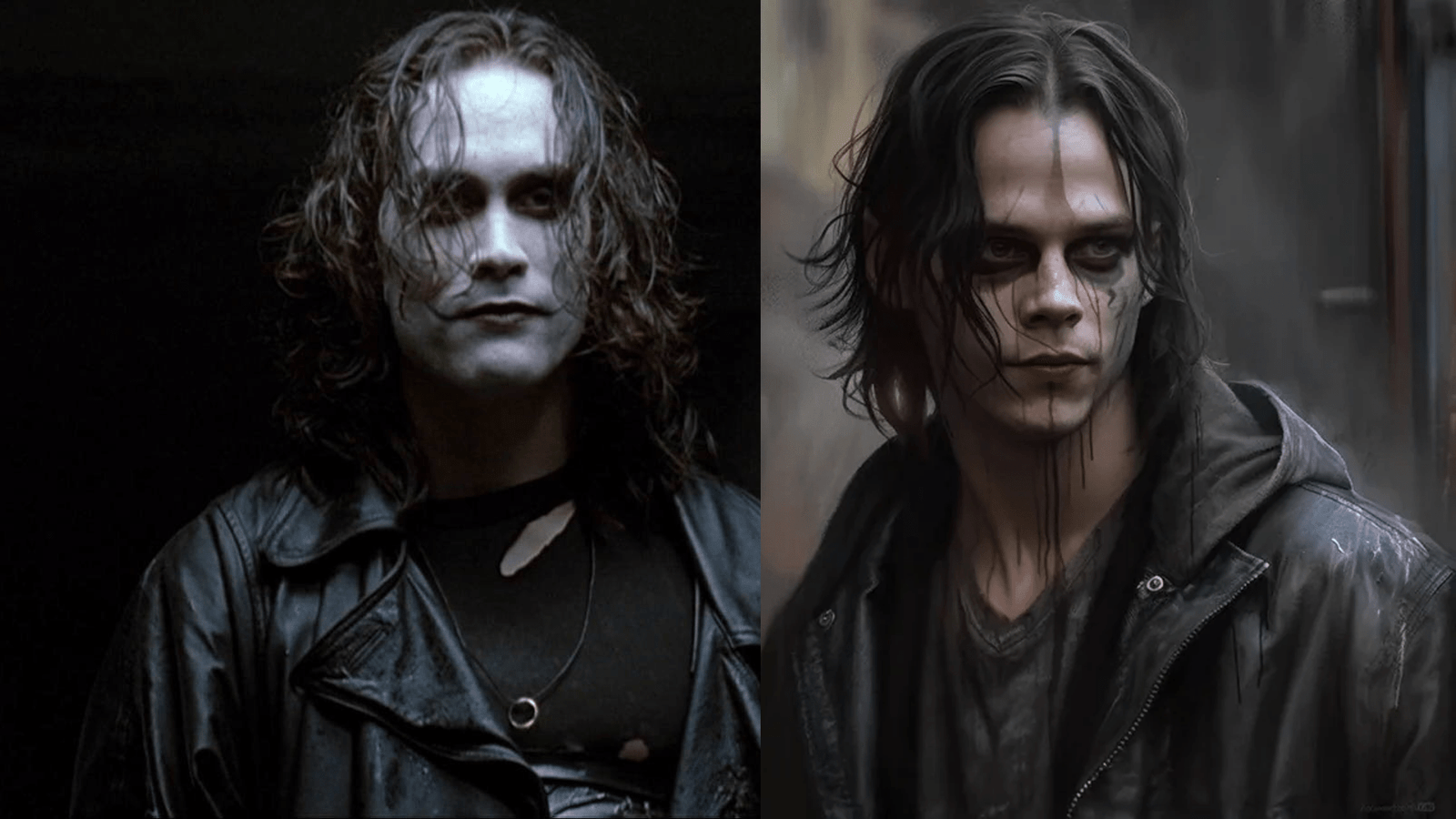The Crow reboot is the latest victim of rosy retrospection triggering a better-than-it-was nostalgia
There is a psychological term for nostalgia shining a greater-than-it-actually-was light on our memories and experiences. According to researchers at the Massachusetts Institute of Technology, this phenomenon is called rosy retrospection, explained as a “tendency of people to remember and recollect events they experience more fondly and positively than they value to be at the time of their occurrence.”
When rosy retrospection is applied to movies, especially franchises, there seems to be a backlash of sorts, with fandom of the original, never happy with what follows, and never able to feel that same joy they remember feeling during their earlier experiences.
One of the greatest and strangest examples of rosy retrospection occurs in the fandom of movie franchises. When Gen X saw the original Star Wars movie, cinema was forever changed. The immense fun, joy, and wish fulfillment, we experienced as children would imprint in our memories in a way that could never be repeated or captured again.
But that does stop fandom from trying. Star Wars has become a franchise of failed expectations. Fans have set such an incredibly high bar for this faraway galaxy, that they have forgotten how to just dive in and have fun for a few hours. Star Wars is fun. If you’re looking for more, you are going to only be set up for the false expectations of your heightened nostalgia.
Enter The Crow.

This is a unique franchise in that it never had its Star Wars moment.
The Crow had a solid comic fanbase after launching in 1989, that was ecstatic for the Brandon Lee starring movie in 1995. A movie that now lives in infamy as the film that killed Brandon Lee. This tragedy is far more famous than the movie itself, especially since the scene where Lee’s Eric Draven dies, is also the moment where Lee, himself met his accidental on-set demise.
The 1995 film is fine. It’s moody and atmospheric. It has some great moments, some incredible character actors, but is overshadowed by its ominous lore.
This is an example of a movie where fans and movie watchers want it to be better than it actually is, I know I do and did. The original The Crow film has some fantastic moments and those are what I remember, but every time I sit down for a rewatch, I realize the movie drags, is a bit meandering, and has plot holes galore.
Nevertheless, I like the movie. I like it a lot.
The franchise spawned multiple movies and novels, a TV series, and a video game.
If you consider the original a great film, nothing that follows has ever come close. Even if you only consider the original a good movie, all that follow result in a mild meh at best.
With the Bill Skarsgard version of the The Crow reboot about to launch, I have seen nothing but hate and dislike directed toward this movie just because it isn’t Brandon Lee. Well, the sad news is, short of a digital likeness reboot, we will never see Lee reprise his role as Draven.
I have been seeing posts with the hashtag “not my Eric Draven” (or some equivalent).
The surprise there for me as that I guess I never realized the original was so popular that people had their own Eric Draven, but apparently they do.
The movie made an admirable $50 million in the mid-1990s, and it was a success, but by no means was it a blockbuster. And, would it have been nearly the same success if it hadn’t had its pre-social media on-set viral tragedy?
In fact, I don’t recall there ever being so much interest in the franchise and any of its sequels until this one was announced.
I’ll chalk it up to social media hot takes and everyone having to choose a side – love it/hate it, and no in between. But that’s another phenomenon of social media uniquely its own, which leads us to disparage the middle ground and run to the extremes.
Up next is the reboot of Highlander, I am sure. It is another movie sticky with nostalgia, a diehard fanbase, a bomb at the box office, subpar reviews, and unrealistic expectations for everything that follows.
—–
Written by B. Luciano Barsuglia